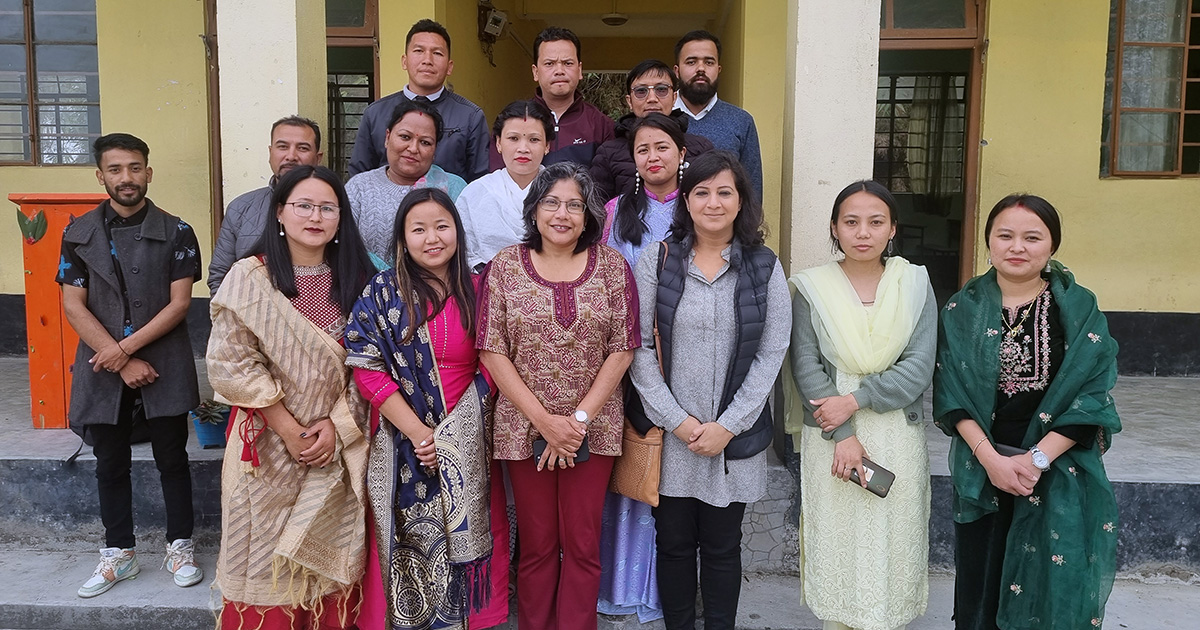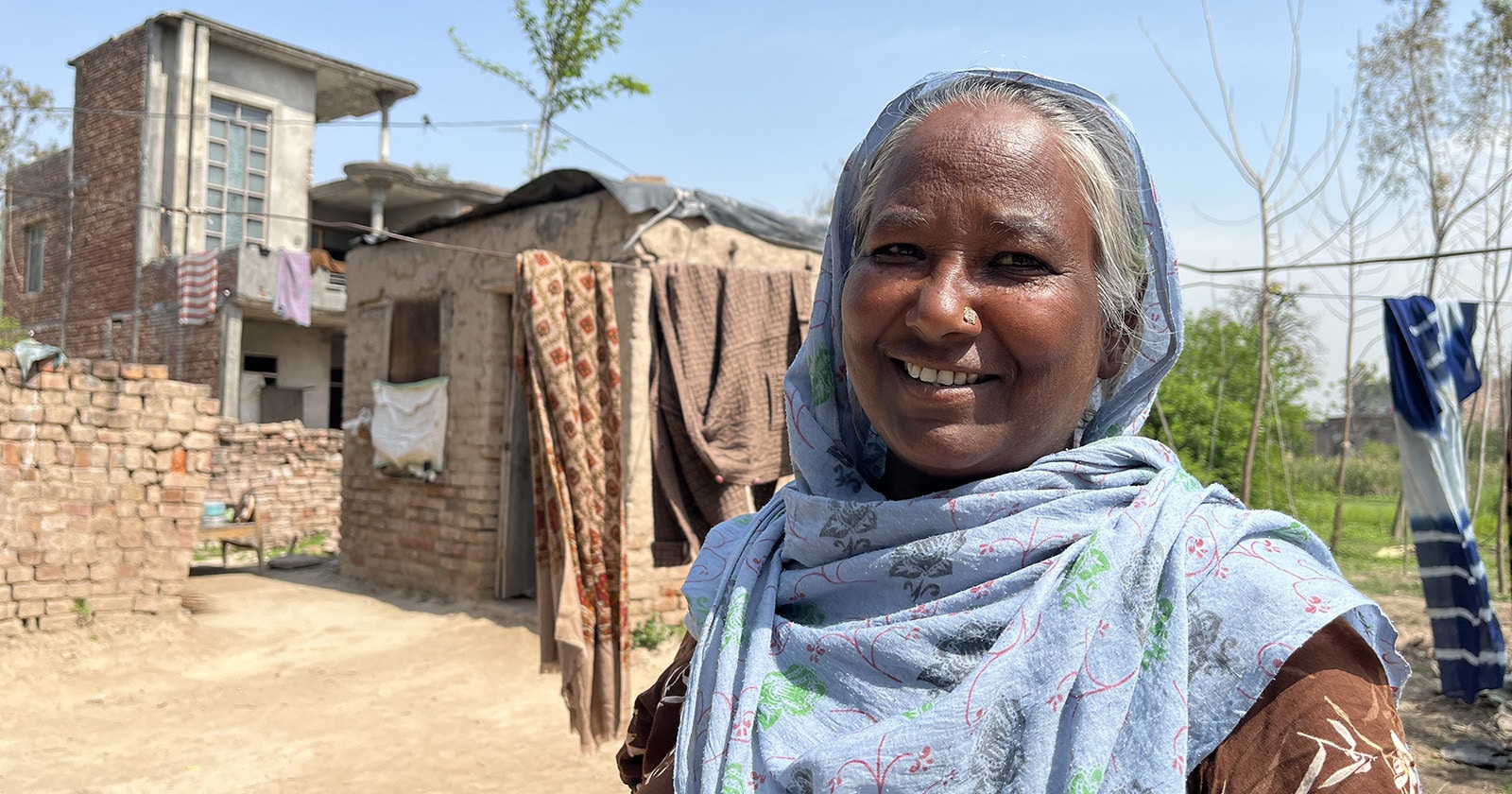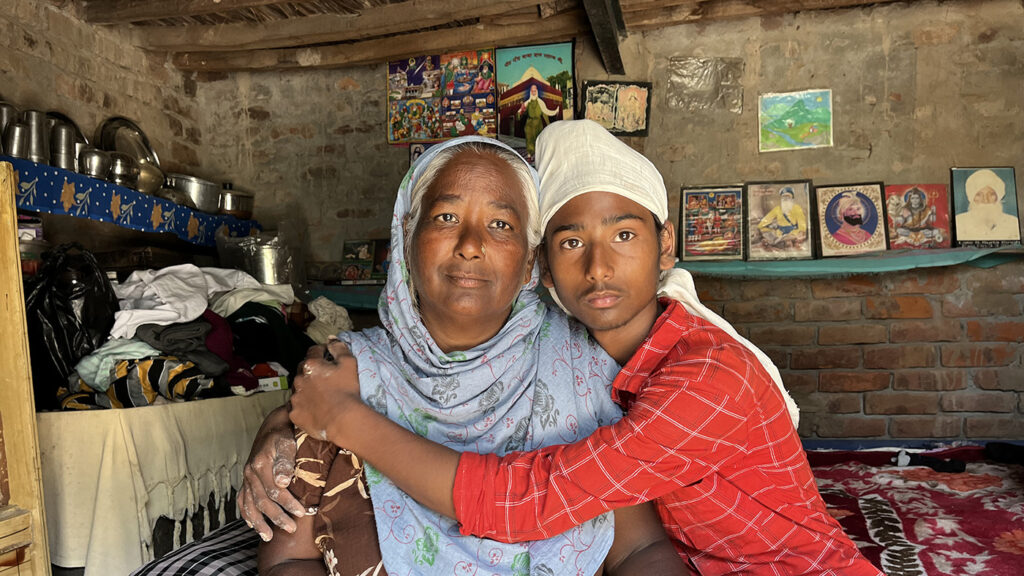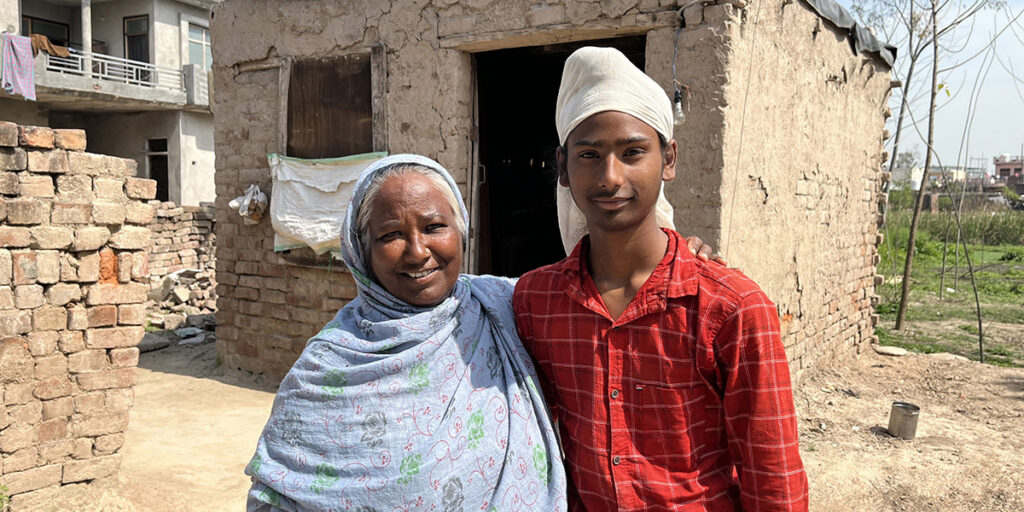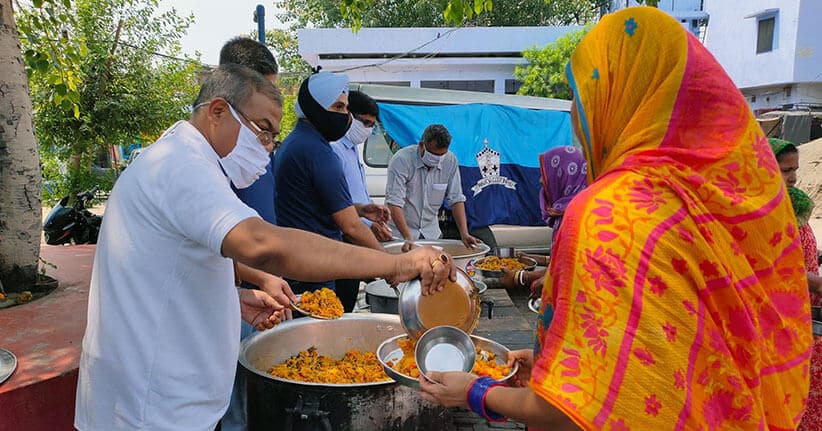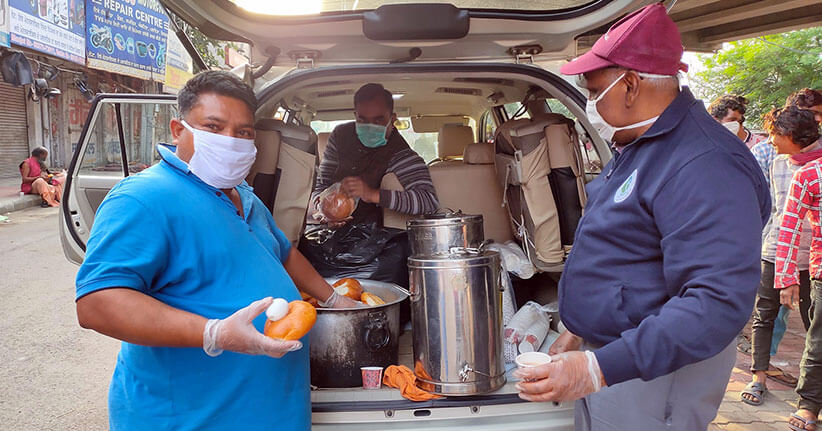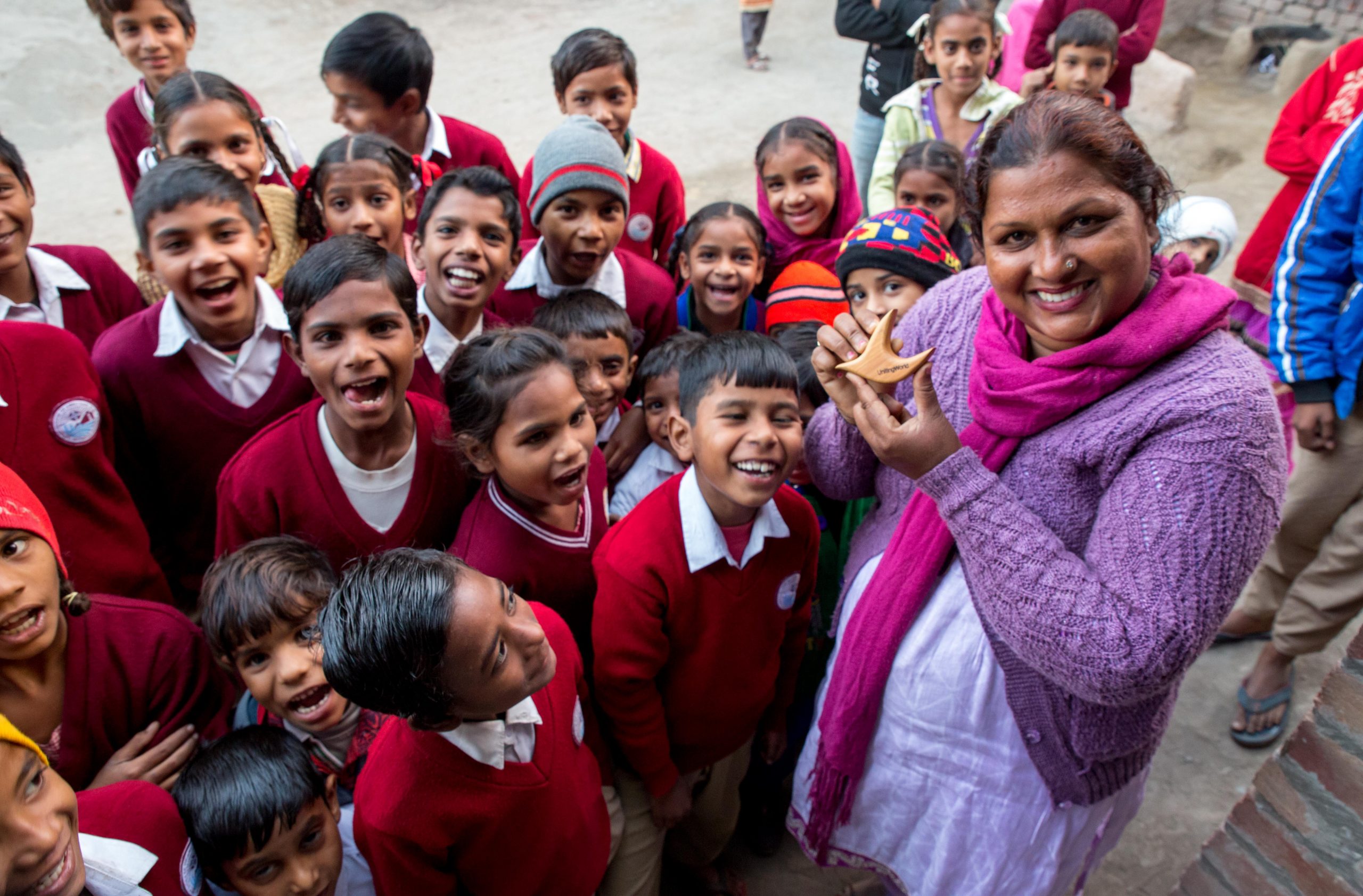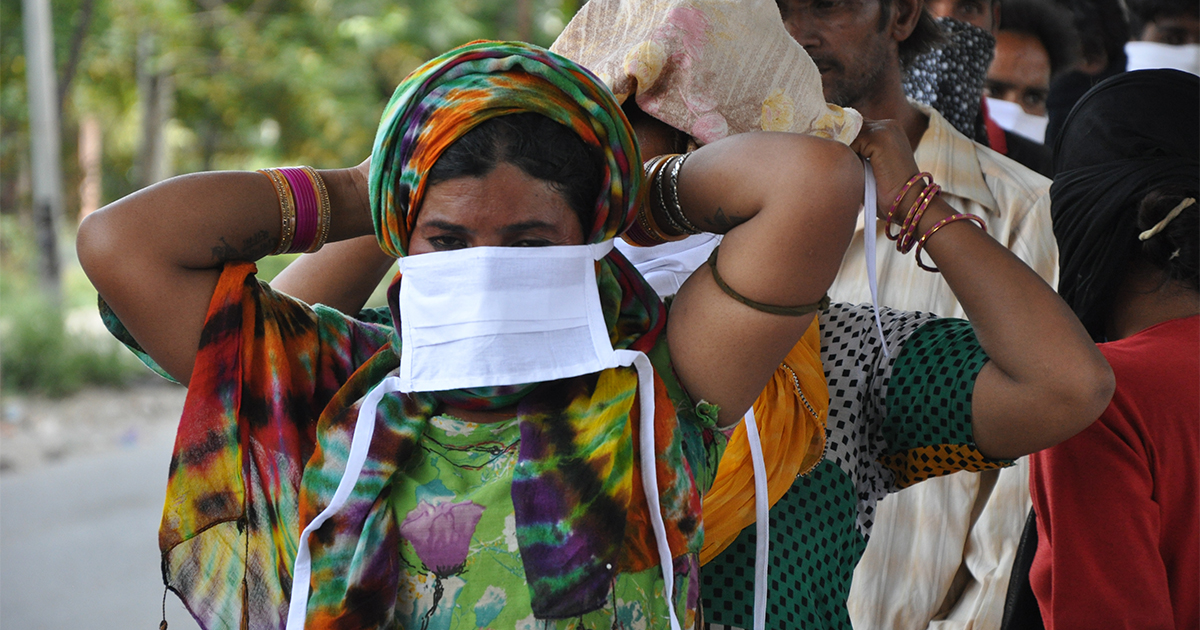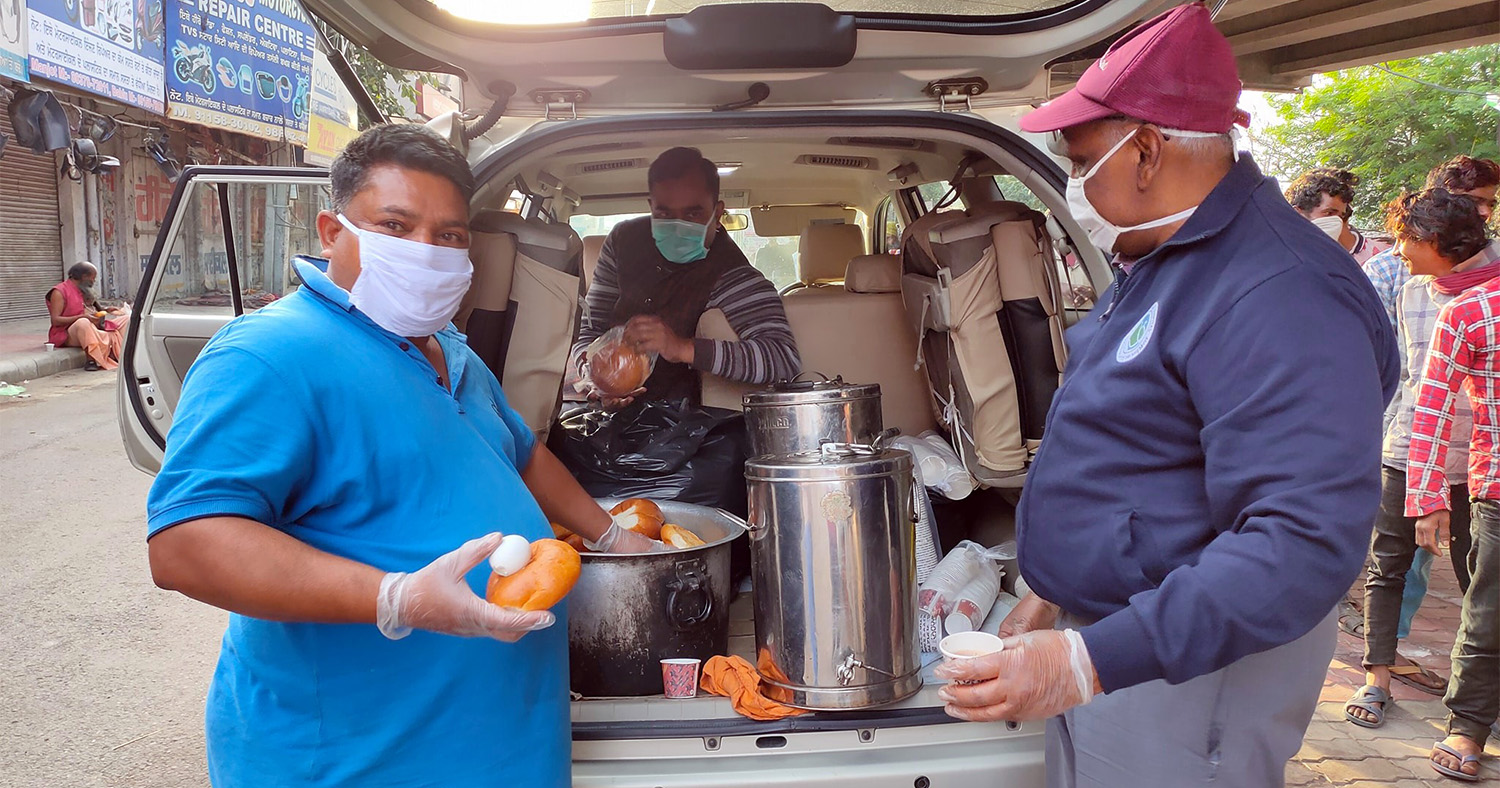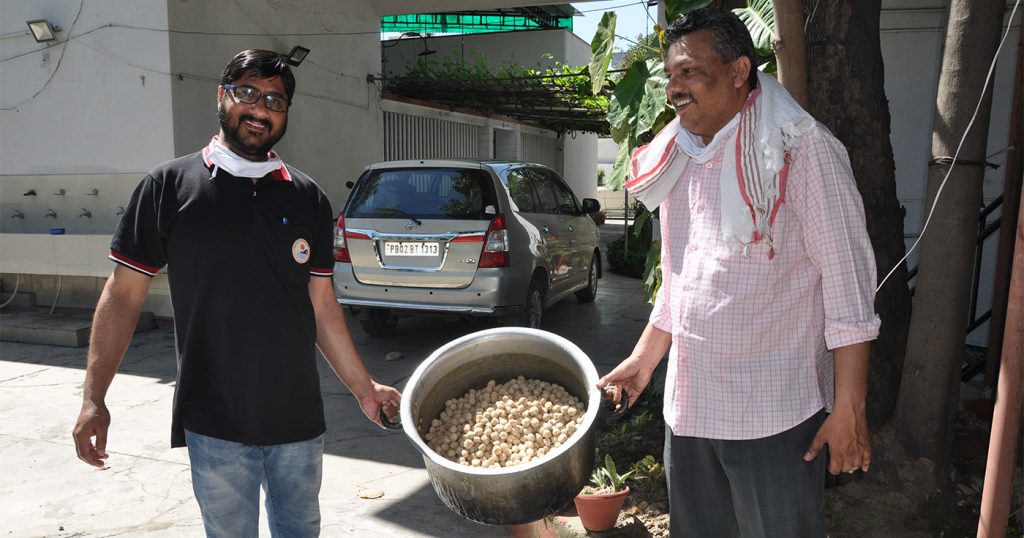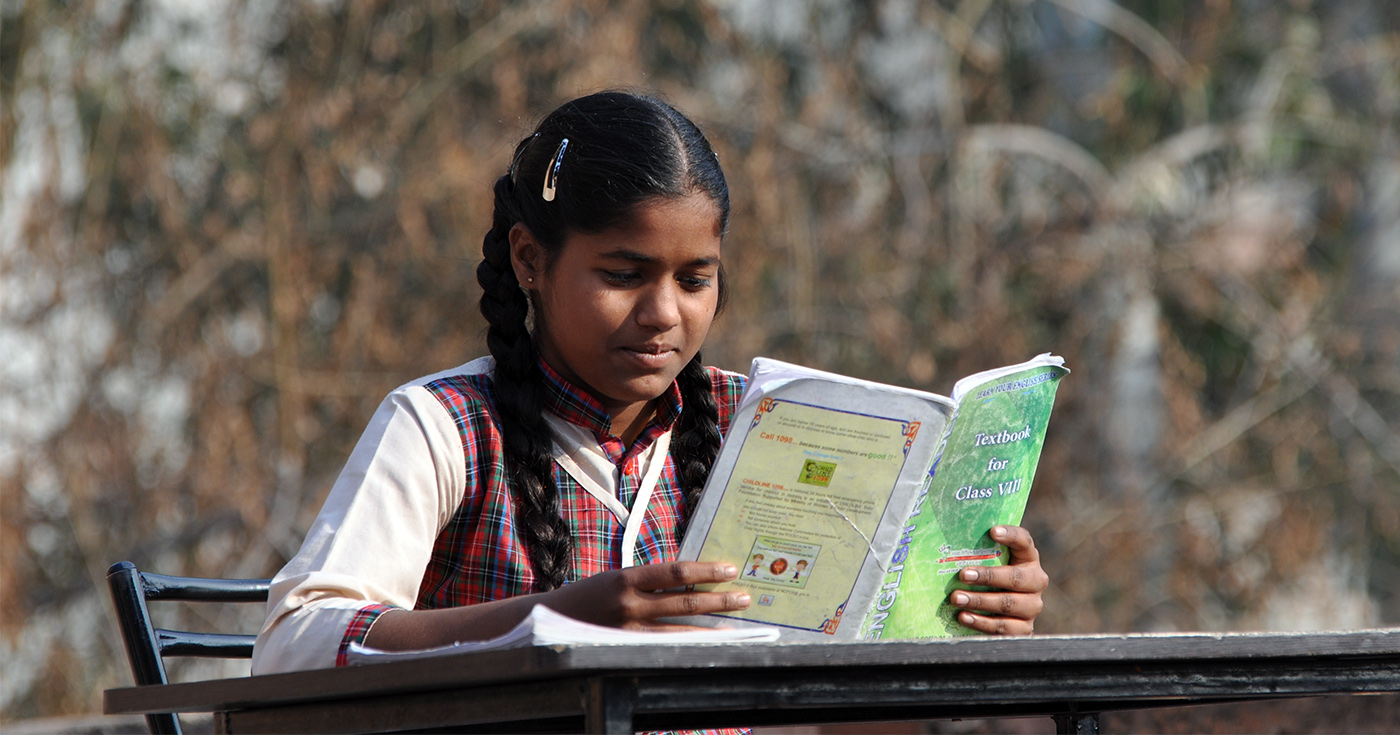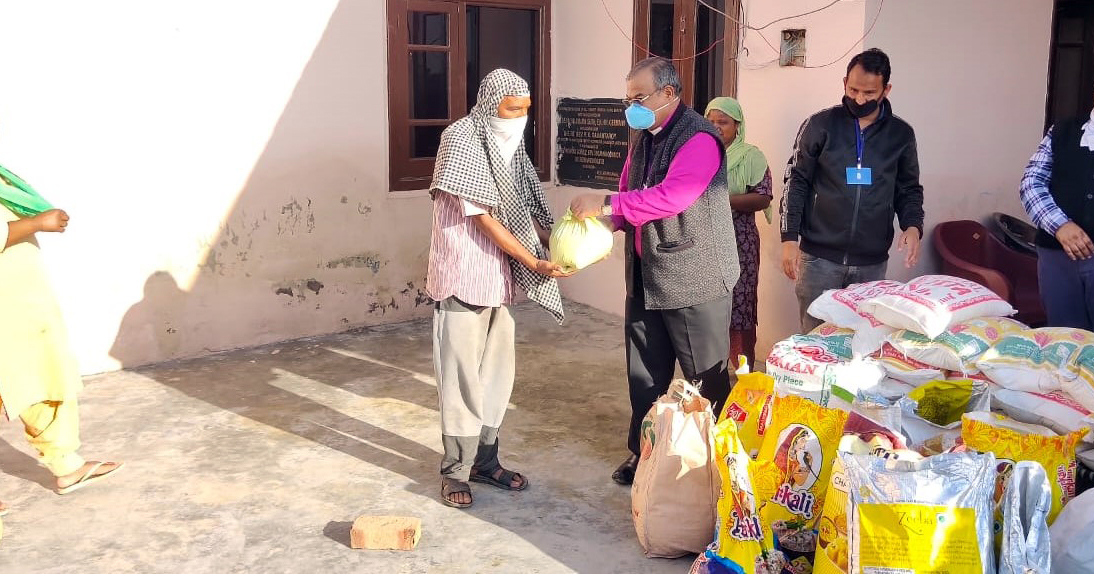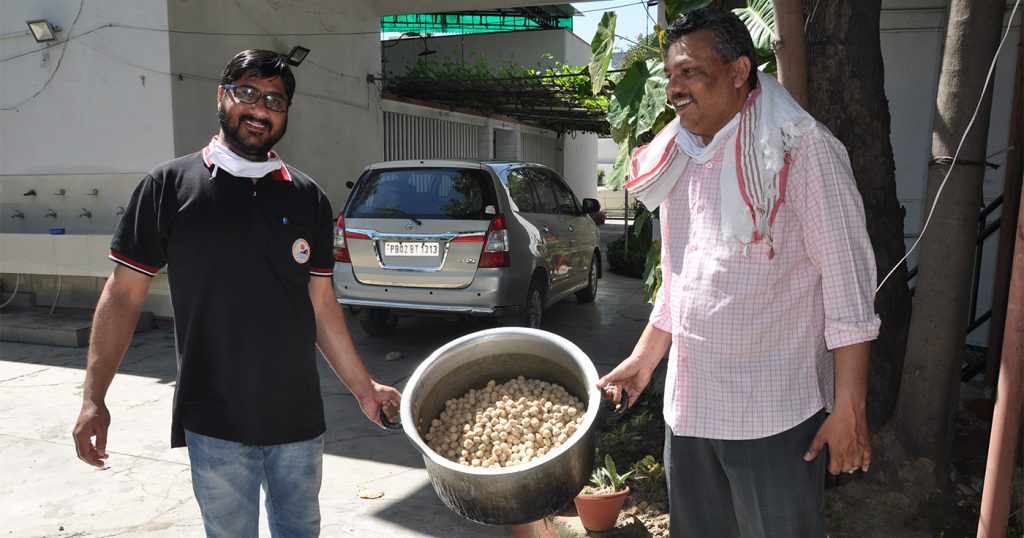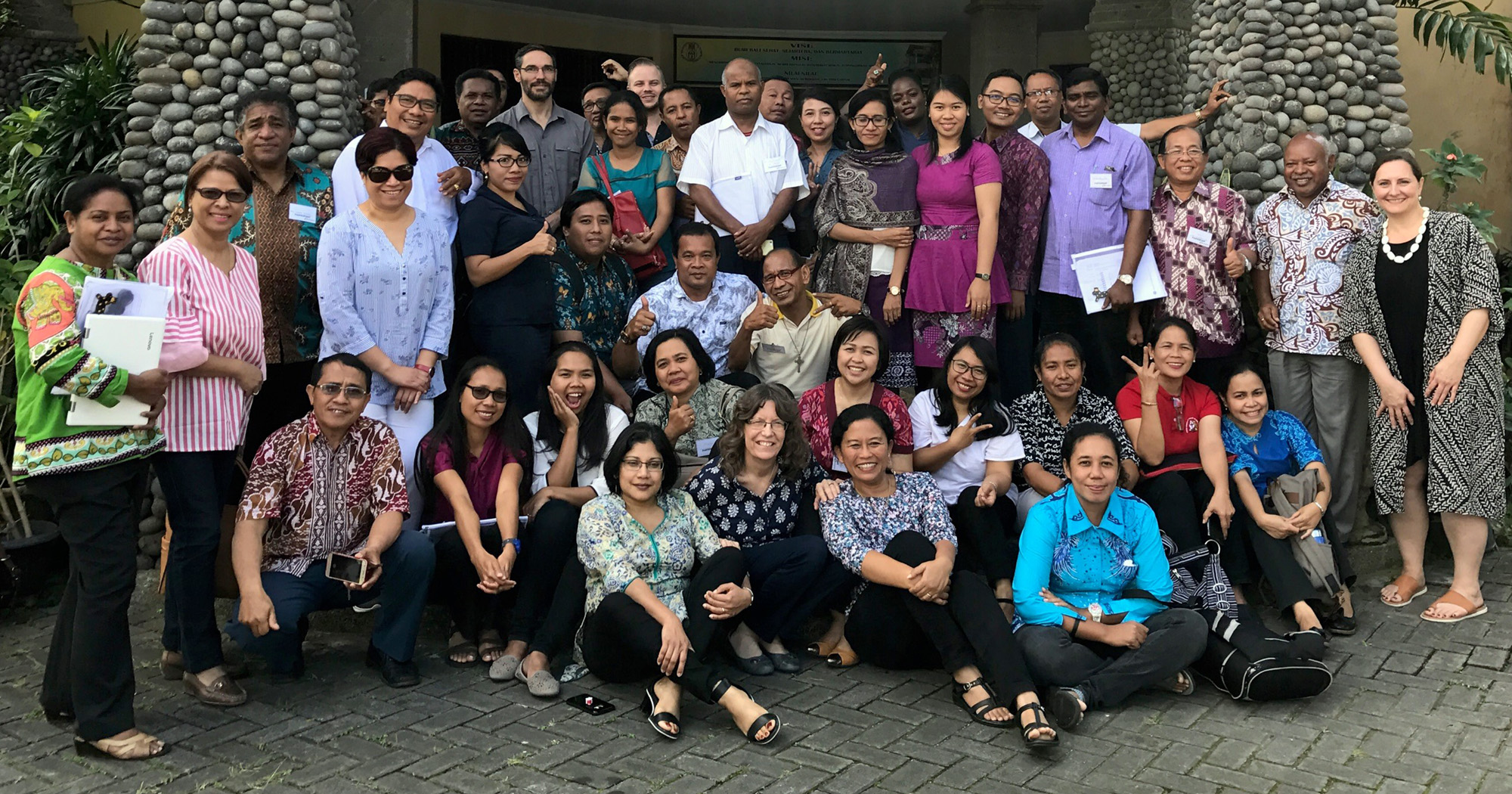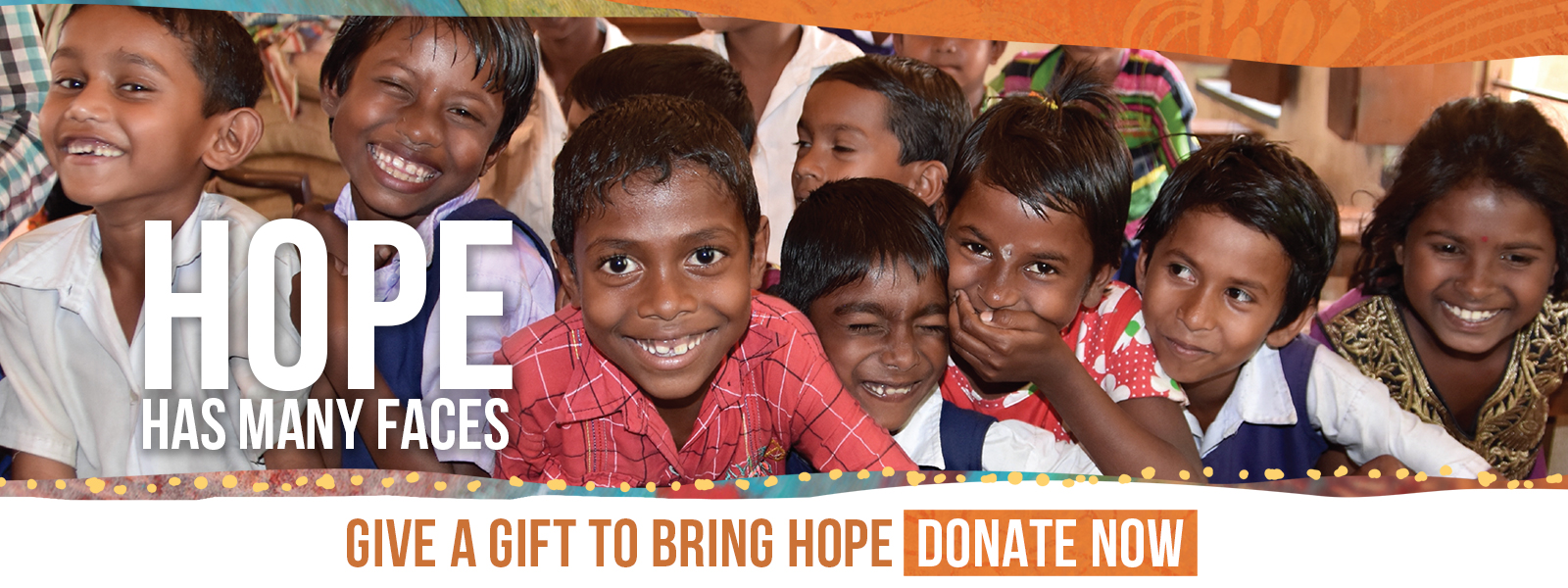Project Update: Education for Remote Area Children in Eastern Himalayas
Project overview
In 2015, UnitingWorld supported our partner church, Church of North India, Diocese of Eastern Himalayas, to build a small school in a remote mountain village in the foothills of the Eastern Himalayas, enabling boys and girls from neighbouring hills to access good and affordable education.
The area is steep jungle-covered terrain, with families mostly eking out a subsistence livelihood. To get to school, children previously had to walk up to four hours through jungle tracks. The dropout rate was very high, especially amongst girls. Young people were at high risk of human trafficking as they sought livelihoods in low-skill jobs.
We now support this school to fund post-graduate training for their teachers, to enable the school become accreditated for government subsidies. We also contribute towards operating costs, so that they can provide affordable, high quality education for children living in this remote region who cannot afford high fees.
Training for the teaching staff is progressing well and most staff members have now successfully completed their teacher training degree. Students are excelling in academic as well as extracurricular activities and are actively participating in inter-school events and competitions held in Kalimpong.
In addition to a global pandemic, challenges this school community face include a staggering remoteness, lack of access to health services and facilities and an systemic poverty. Floods and landslides regulalry disrupt transport, and the staff are sacrificing their own career opportunities to stay and teach at this school.
Together, we are helping our partners address these issues by strengthening the school and local services.
Since this project started, attendance at the school has increased from 117 to 193. Thirteen teachers have been employed and classes have increased to Grade 12.
Current year
Getting students back to school after the pandemic has been a challenge but there are currently:
- 162 students from Grade 5 to 12
- 25 new students took admissions in Class XI (Grade 11)
- 16 new students joined the school for classes V-IX
- The school received 100% pass results in West Bengal Higher Secondary Examinations and 10 students passed with first division in the examinations.
We also helped develop a Diocese-wide child protection policy that applies to churches, youth groups, Sunday schools and schools. School staff have all participated in workshops, enhancing the school’s understanding of child protection, disability inclusion, education and project management.
UnitingWorld National Director Dr Sureka Goringe and International Program Manager Shreshtha Kumar visited the school in April 2023 to meet the school staff, management committee members as well Diocesan officials to discuss the key priorities for the project.
The meeting with the School Management Committee (SMC) highlighted several achievements of the school, however, the teachers /staff members also made UW aware of the salary related challenges that pose barriers to staff retention. UW has brought these matters to the attention of the school Principal and these aspects are being taken into consideration in the annual planning process.
2023-24 plans
The next financial year brings a new phase of the project. During UnitingWorld’s visit, the discussion with students’ guardians/parents highlighted some interesting priorities for the school to consider. Community insights will be important to consider in the planning for the coming year.
Some of these insights included:
- More opportunities for extracurricular activities (music, sports, dance etc) to expand children’s career horizons.
- More education on substance abuse prevention
- Parents also requested more emphasis on career counselling sessions to prevent children from getting into daily wage work.
- Improved spoken English and computer literacy skills for students to improve their career/employment options.
- Some parents emphasised the need for more awareness on gender equality messaging, so that girls don’t feel the social pressure to marry early, and are able to pursue their goals and aspirations after gaining quality education.
Prayer Requests
- The Diocese has been without a Bishop for some time. A new Bishop is likely to be elected soon, however in the absence of a Church leader most administrative burden has been managed by the Secretary and Treasurer of the Diocese. Please pray for a smooth transition and a spirit of unity in the Diocese.
- The pandemic and climate change issues have increased precarity for farming families in the region. The tea gardens are becoming unprofitable with climate change, and this has further aggravated poverty and unemployment for the tea garden workers.
- These socio-economic factors are pushing many families to migrate for work, and this has resulted in an increased risk of trafficking over the last couple of years.
- The school’s principal, Deena, and the Diocese project manager Sanjay, as they work together to support the Diocese, staff, students and their families.
Thank you once again for your partnership in this life-giving mission!
Mardi Lumsden, Donor Relations Manager
MardiL@unitingworld.org.au
UnitingWorld

